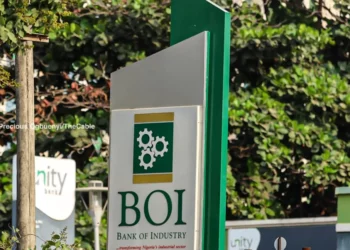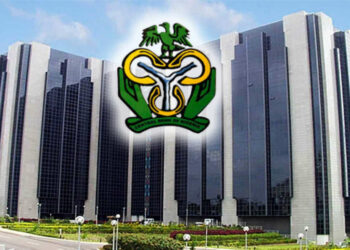With the dissolution of the board and management of Union Bank, Keystone Bank and Polaris Bank by the Central Bank of Nigeria (CBN) for actions which it says pose a threat to financial stability, analysts said the move may dampen banks prospects of raising capital ahead of the proposed recapitalisation of the banking sector.
The analysts said, the development may have projected the current administration as fight corruption and financial mismanagement, but it is trimming the power of the affected banks to recapitalise, especially, if the apex bank does not give more details on its decision to dissolve the board of the banks.
The investigative committee set up by President Bola Ahmed Tinubu and led by Jim Obazee, had earlier called for the dissolution of the boards of the banks and a revocation of the sale saying it did not follow due process.
In a statement issued by the apex bank last night and signed by its acting director, Corporate Communication, CBN, Mrs Hakama Sidi Ali, said the “action became necessary due to the non-compliance of these banks and their respective boards with the provisions of Section 12(c), (f), (g), (h) of Banks and Other Financial Institutions Act, 2020.
“The banks’ infractions vary from regulatory non-compliance, corporate governance failure, disregarding the conditions under which their licenses were granted, and involvement in activities that pose a threat to financial stability, among others.
“The CBN assures the public of the safety and security of depositors’ funds and remains resolute in fulfilling its mandate to uphold a safe, sound, and robust financial system in Nigeria. Our Banking system remains strong and resilient.”
A banker who spoke with NATIONAL ECONOMY on the condition of anonymity said the latest move by the CBN “is a strong signal that it is not here to play. It is a warning that anyone that does not play by the rules will have it tough.”
Similarly, the Head, Financial Institutions at Agusto & Co, Ayokunle Olubunmi stated that, the CBN needs to give more clarity on the reasons it gave for the dissolution of the board and management of the banks so as not to dampen foreing investors interest in Nigerian banks especially as they dive into a recapitalisation phase.
A look at the sections of the of Banks and Other Financial Institutions Act (BOFIA) that was violated, shows that section 12c says “fail to fulfil or comply with any conditions subject to which the license was granted.” Subsection F of the same act also says “is involved in a situation circumstance action or inaction which constitutes a treat to financial stability” while G says “fails to comply with any obligation imposed upon it by or under this act or the CBN act or any other rule regulations guideline or directive made hereunder”
Subsection H quoted says “is in the opinion of the bank critically undercapitalized with a capital adequacy ratio below the prudential minimum or such other ratio as the bank may prescribe.”





